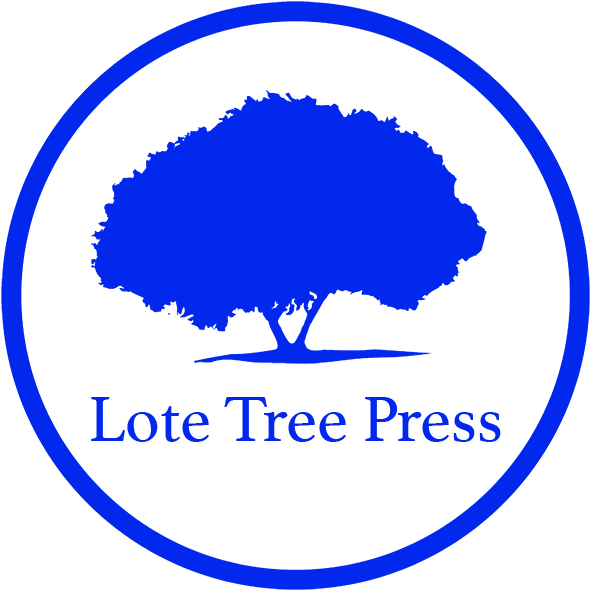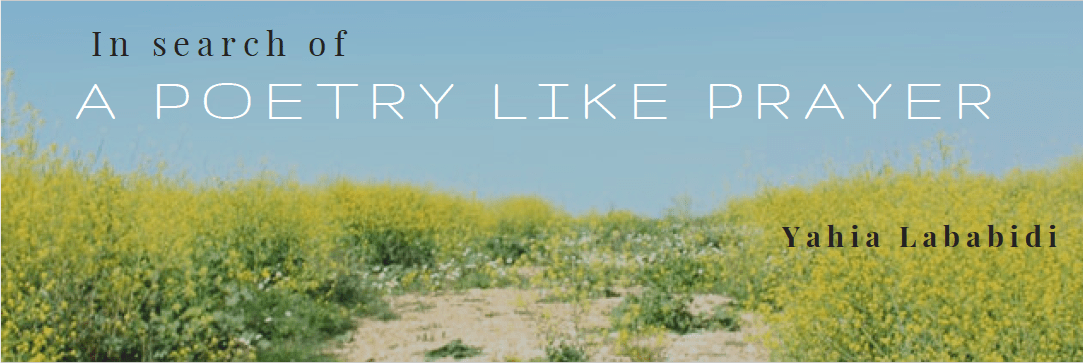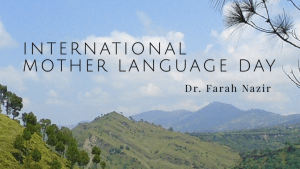
Despite growing up in Egypt, with an Egyptian mother and Lebanese father, my literary influences were, primarily, Western– French, German, Russian poets and thinkers – that I read, in English translation. The notable exception was the inescapable Lebanese philosopher-poet-painter Khalil Gibran, who was an early and formative influence. Reading Gibran, in my early teens, I knew next to nothing at that tender age about spirituality or mysticism, but was deeply drawn to his prayer-like poetry and art of longing.
Later, in my late teens, I would come to know that Gibran’s major influences were Blake and Nietzsche, both ecstatic visionaries in their own right, who seemed to commune with a mysterious and unseen realm, while proclaiming a form of prophecy in their work. I would continue to grope in the dark after such wisdom literature and ineffable art– preoccupied as it was with morality, life of the spirit and, ultimately, transformation– through my twenties and thirties when I was finding my own voice as an artist and evolving as a person.

Reading the great Persian poets, such as Rumi, Hafez and Attar, was a heady experience where I discovered, in middle age, that poetry might be unabashedly addressed to the divine as well as sensual, at once. Mysteriously, as I mined Sufi literature more deeply– Al-Hujwiri’s luminous Kashf al Mahjub (The Revelation of the Veiled) remains a personal highlight – I discovered that I was deepening my faith and returning Home. Even though I was, now, based in the United States, I found myself profoundly attracted to the work of a saint and sage of 13th century Egypt, Ibn ʿAtāʾillāh, who lived during the blossoming of new Sufi Orders.
I’d begun my literary career, as an aphorist in my late teens, enraptured by the wisdom literature of Gibran (a mix of philosophy, poetry and spirituality) and now that I had returned to writing aphorisms in my middle age after a long silence, I found myself captivated by the stark (sometimes, stern) and lyrical maxims of a great Muslim aphorist. Below, is a selection from Ibn ʿAtāʾillāh’s justly celebrated Book of Wisdom, that I try to consult often for sustenance and inspiration, as I begin to realize that perfection of one’s art and purification of the heart are intertwined.

How can the laws of nature be ruptured for you so that miracles result, when you, for your part, have yet to rupture your bad habits.
People praise you for what they suppose is in you; but you must blame your soul for what you know is in it.
Hope goes hand in hand with deeds; otherwise, it is just wishful thinking.
Sometimes, you will find more benefit in states of need than you will find in fasting or ritual prayer.
States of need are gift-laden carpets.
If you want gifts to come your way, then perfect the spiritual poverty [al-faqr] you have. “Alms are for the poor.”
Empty your heart of alterities and creatures and you will fill it up with gnostic intuitions and mysteries.
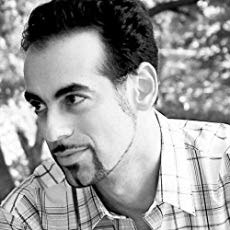 Yahia Lababidi, Egyptian-Lebanese, is the author of seven books of poetry and prose. Nominated for a Pushcart Prize, three times, Lababidi’s writing has been translated into several languages, and he has participated in international poetry festivals throughout the USA, Europe as well as the Middle East. You can find out more about his work, here: amzn.to/2L2jTEc
Yahia Lababidi, Egyptian-Lebanese, is the author of seven books of poetry and prose. Nominated for a Pushcart Prize, three times, Lababidi’s writing has been translated into several languages, and he has participated in international poetry festivals throughout the USA, Europe as well as the Middle East. You can find out more about his work, here: amzn.to/2L2jTEc
A selection of Yahia Lababidi’s poetry will appear in the upcoming anthology A KALEIDOSCOPE OF STORIES – Muslim Voices in Contemporary Poetry, coming soon from Lote Tree Press.
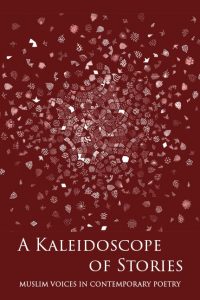 A KALEIDOSCOPE OF STORIES – Muslim Voices in Contemporary Poetry is an anthology bringing together the myriad voices of over fifty Muslim poets from diverse backgrounds to powerfully articulate what it means to be Muslim in the modern world. It provides a platform for Muslim voices to be heard, speaking about their experiences in their own words, and offers an antidote to the stereotyped, one-dimensional portrayal of Muslims we see so often in the media.
A KALEIDOSCOPE OF STORIES – Muslim Voices in Contemporary Poetry is an anthology bringing together the myriad voices of over fifty Muslim poets from diverse backgrounds to powerfully articulate what it means to be Muslim in the modern world. It provides a platform for Muslim voices to be heard, speaking about their experiences in their own words, and offers an antidote to the stereotyped, one-dimensional portrayal of Muslims we see so often in the media.
The anthology gives the reader a glimpse of the thoughts, hopes and challenges of those who see the world through two or more cultural lenses and provides an authentically Muslim space for the expression of our spiritual, social and personal lives. Bringing together the verses of multi-generational voices, it explores themes including love and loss, identity and belonging, and Islamic spirituality.
